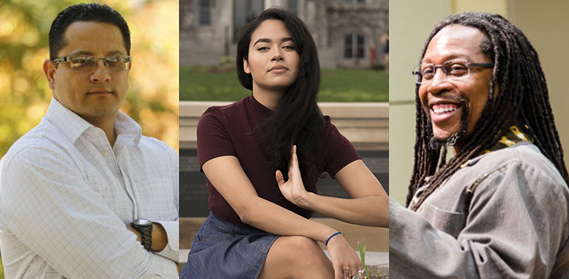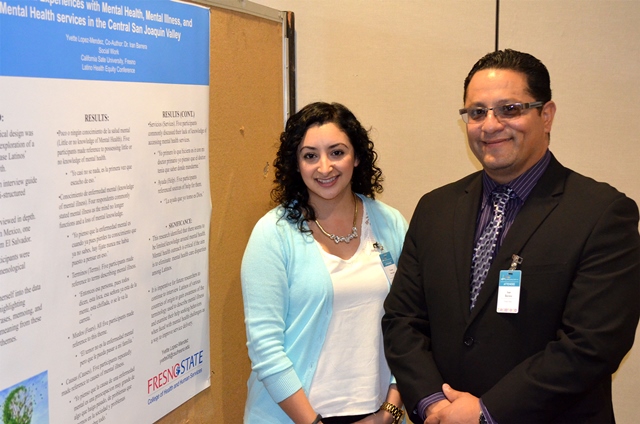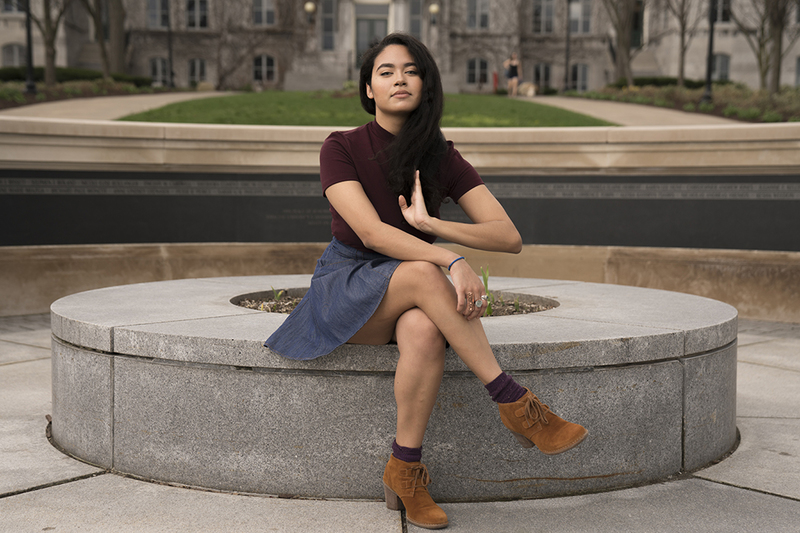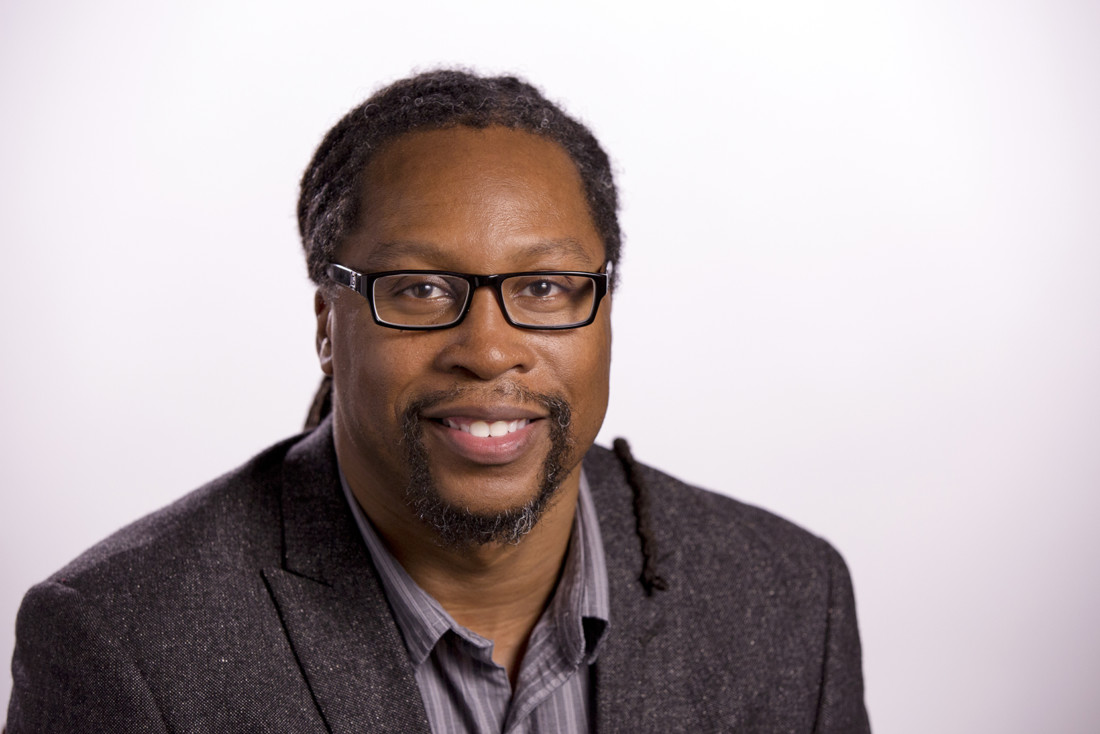
Share On Social!
Nearly 1 in 5 Latinos suffers a mental health problem.
But Latinos are less likely than other groups to seek out treatment for mental health conditions.
They fear being stigmatized. They lack of health insurance. They face cultural barriers. Or they simply a fail to recognize symptoms.
That’s why we at Salud America! are spotlighting heroes who are improving mental health for Latino families!
Irán Barrera: Helping Latinos Answer Mental Health Questions
Dr. Irán Barrera believes there is a difference between mainstream mental health and Latino mental health.
Latinos don’t use words like anxiety, depression, or post-traumatic stress.

This means health professionals need training to address Latinos’ mental health needs.
That’s why Barrera applied for and received grant money to start the Consejo project at Fresno State. The project trains social work students to deliver mental health services and other support to Spanish-speaking children, teens, and families in the San Joaquin Valley, SaludToday reported in March 2017.
The Consejo project has two goals.
First is to examine and eliminate the mental health care barriers in the area. Second is to increase the number of local bilingual behavioral health professionals.
“The San Joaquín Valley has the worst emotional health in California,” Barrera said. “Compared to other regions, (it is) not good emotional health as the other regions to put it in a different perspective. Latinos are one of the biggest minorities groups in the state, but one that is least to utilize mental health services compared to other groups.”
Jestina Ortega: Student Pushes for Mental Health Diversity
Jestina Ortega, a senior at Syracuse University, is all about diversity.

She raises cultural awareness as co-host of Hora Latina, a Latino radio show, and as part of Latinx Undergraduates Creating History in America (La LUCHA). She also is part of a student group that advocates for sexual safety and empowerment.
Ortega hopes to attend graduate school in social psychology.
She wants to increase diversity in the mental health field, she told the Daily Orange. She also wants to dispel myths and help Latinos and blacks get proper mental health treatment.
“It’s usually family members so we don’t have a good network, or maybe they just don’t understand the medical or clinical reasoning for all of this,” Ortega told the Daily Orange. “They usually just say, ‘pray about it,’ and make it a religious thing instead of something to seek help for.”
Kevin Cokley: Researching Students’ Mental Health Issues
Why do Latino and other minority college students report higher rates of depression and anxiety than their white peers?

The “imposter phenomenon” is a big reason, according to a new study by Dr. Kevin Cokley of UT Austin.
Those who suffer from impostor feelings cannot grasp or believe in their successes, leading them to feel like frauds, Inside Higher Ed reports.
Cokley and other researchers found that black students with imposter-related feelings had higher levels of anxiety and depression related to perceived discrimination. Latino students with similar feelings, surprisingly, didn’t suffer much anxiety or depression. This is perhaps due to a line of thinking that they can’t do much to change the discrimination they face, the researchers wrote.
The researchers are putting their findings into practice.
Cokley sent a copy of the study to UT Austin’s counseling office to guide future trainings, according to Inside Higher Ed. He hopes counselors start to question students about any imposter-related fears.
“We sometimes have a tendency to homogenize the experiences of students of color,” he told Inside Higher Ed. “They all experience discrimination to some extent, but it’s very different experiences. It’s important to be nuanced and to appreciate and to understand the experiences.”
Explore More:
Mental HealthBy The Numbers
22
percent
of Latino youth have depressive symptoms, more than any other group besides Native American youth




I know this is a two year old article, but Bias is another reason why some Hispanic people think about or attempt suicide. I’m actually part Filipino, German and English and I ended up looking stereotypically Hispanic and my surname is Spanish due to my Filipino side since the Spanish colonized the Philippines. I’m a woman though and I’ve thought about it for a number of reasons involving my health from a rare disorder that caused learning issues and also I have obvious cancer symptoms Ive tried getting help with. I’ve also been treated poorly and sometimes in very scary situations because of obvious Bias and Prejudice due to my appearance. I’m just saying Bias against people who are Hispanic and “look Hispanic” is a real thing. I apologize if it was in this article but I didn’t notice it, But I do apologize if its in there. I just think it needs to be addressed more. Thank You